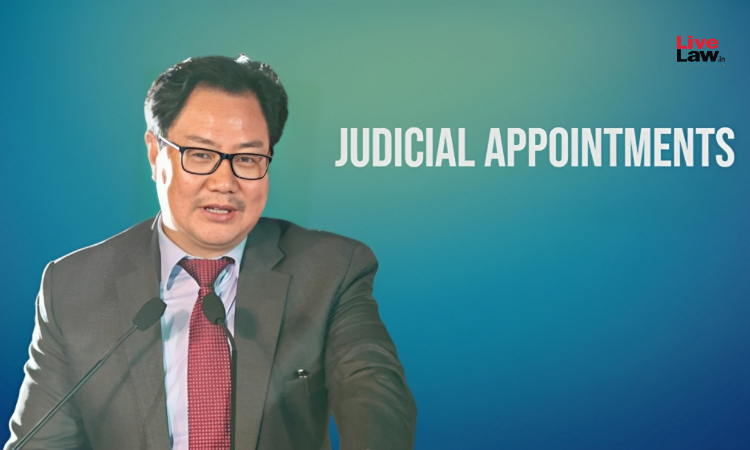Collegium System Keeping Judges Extremely Busy, Adversely Affecting Their Duties: Union Law Minister Kiren Rijiju
Sparsh Upadhyay
14 Jan 2023 2:20 PM IST

Next Story
14 Jan 2023 2:20 PM IST
Continuing to voice his opinion regarding the Collegium System on public forums, Union Law Minister Kiren Rijiju recently said that the collegium system to appoint judges, which is an administrative job, is keeping the judges 'extremely busy' taking away their precious time, thereby adversely impacting their duties as judges.The Union Law Minister also said that in the year 1993, in the...
